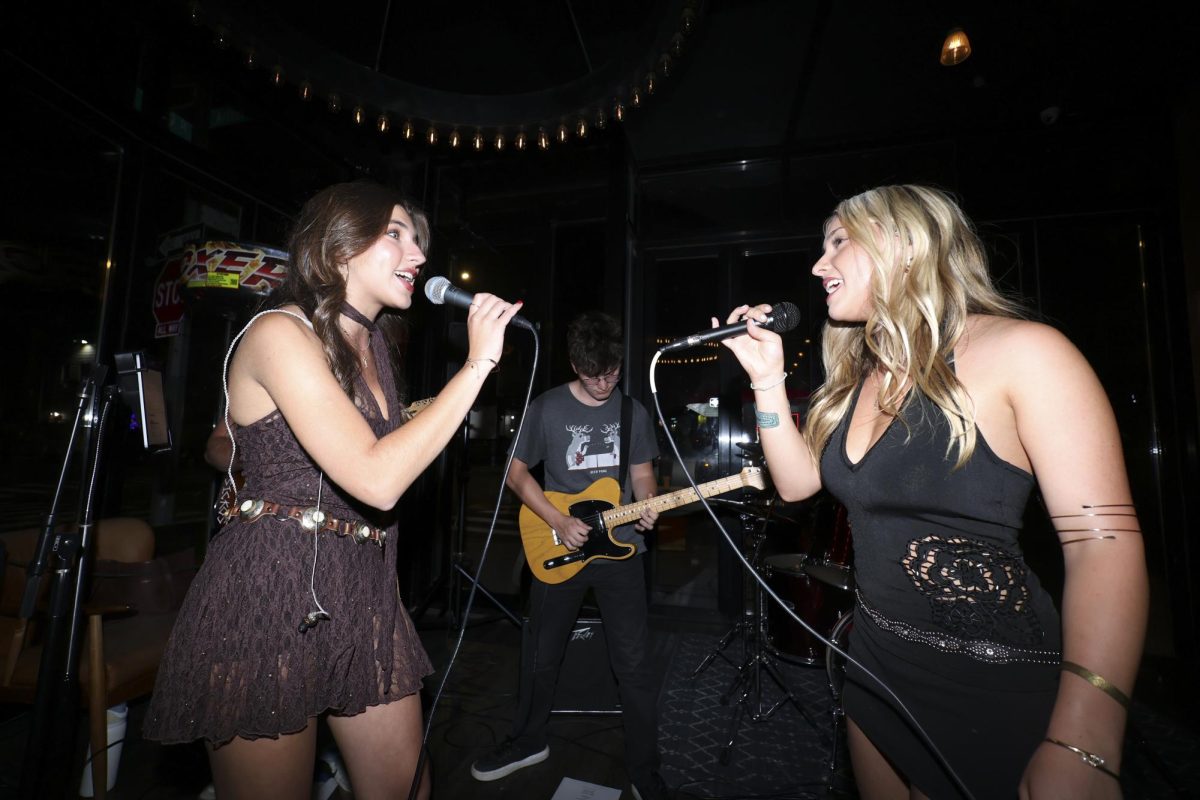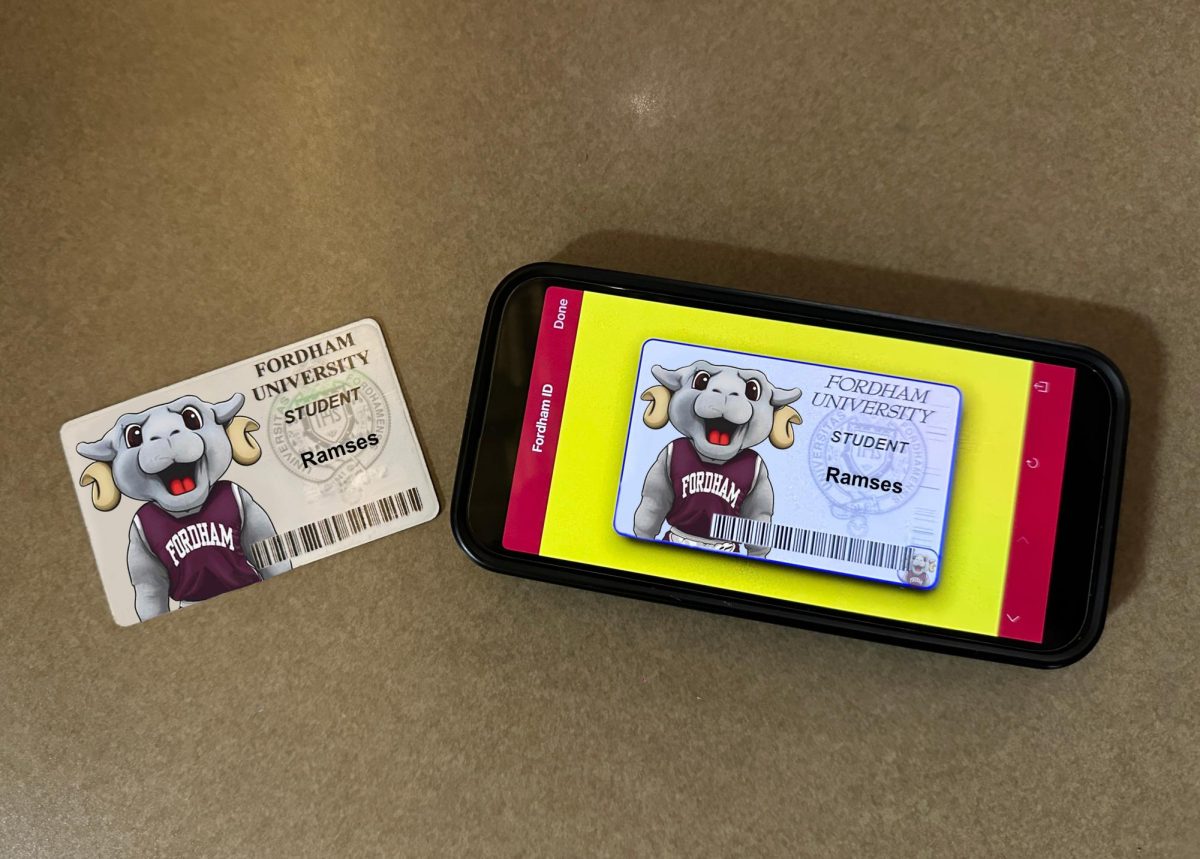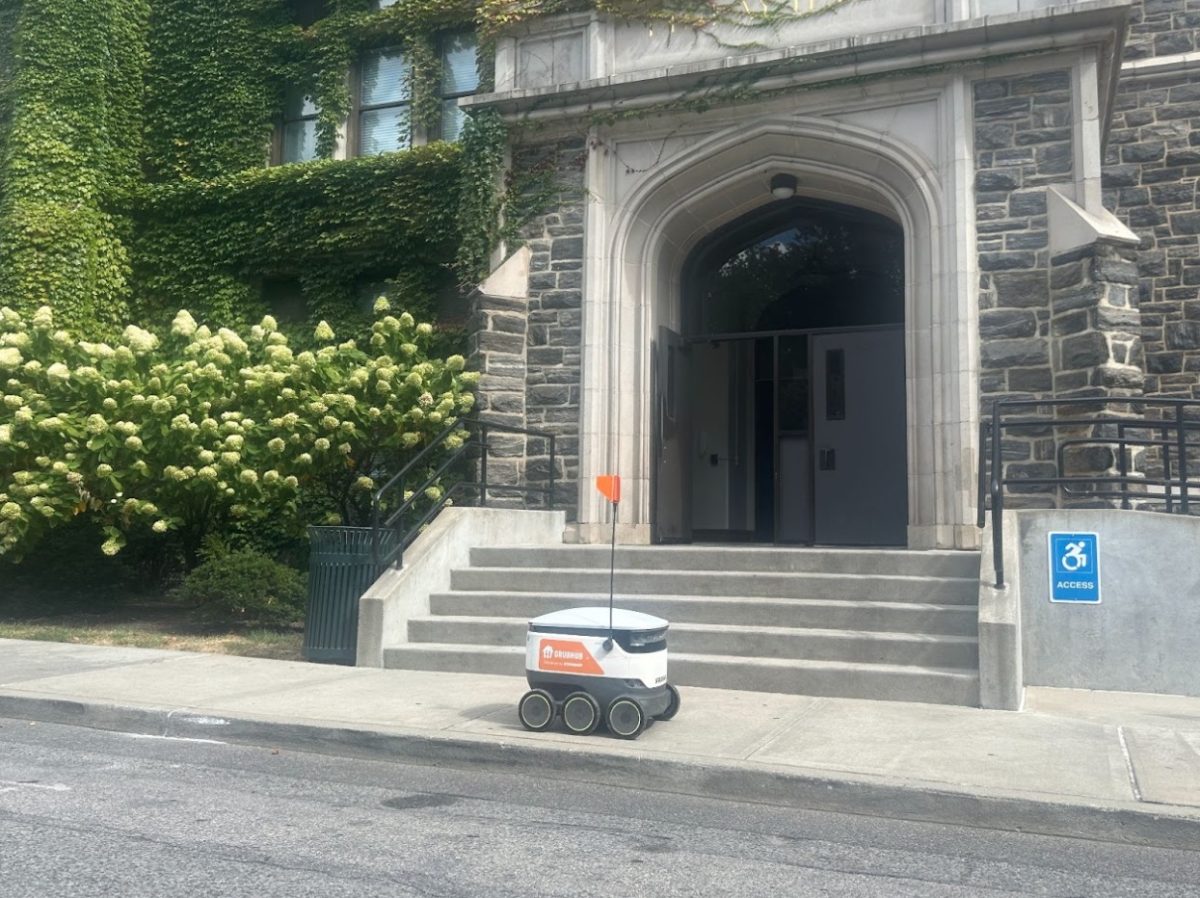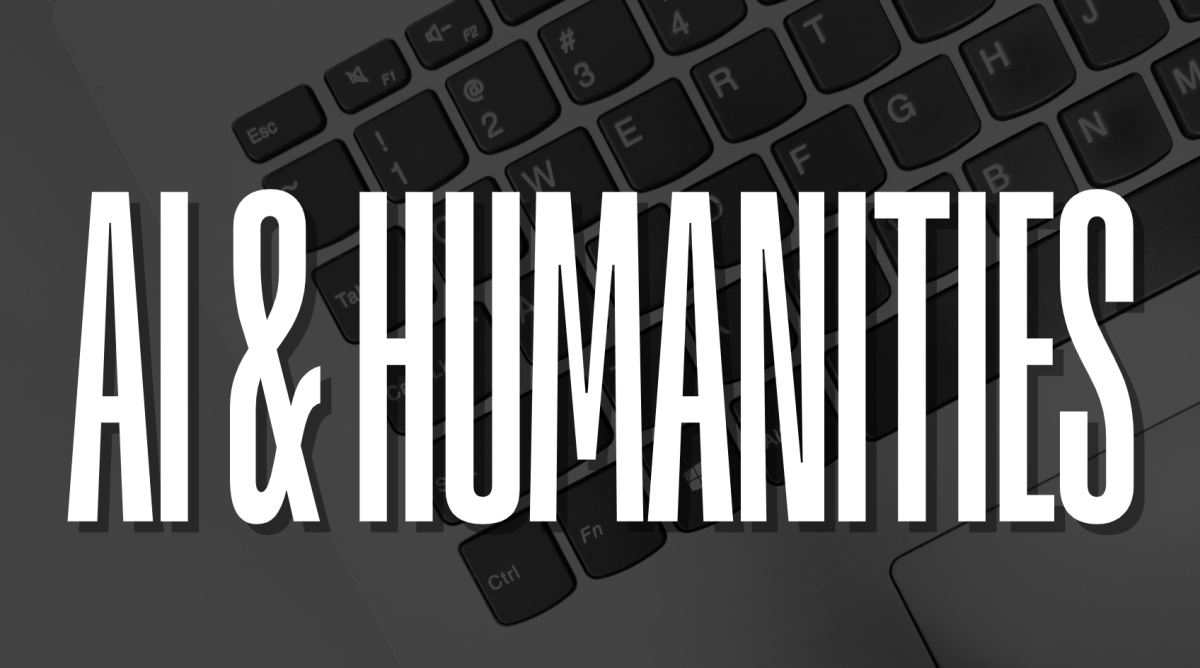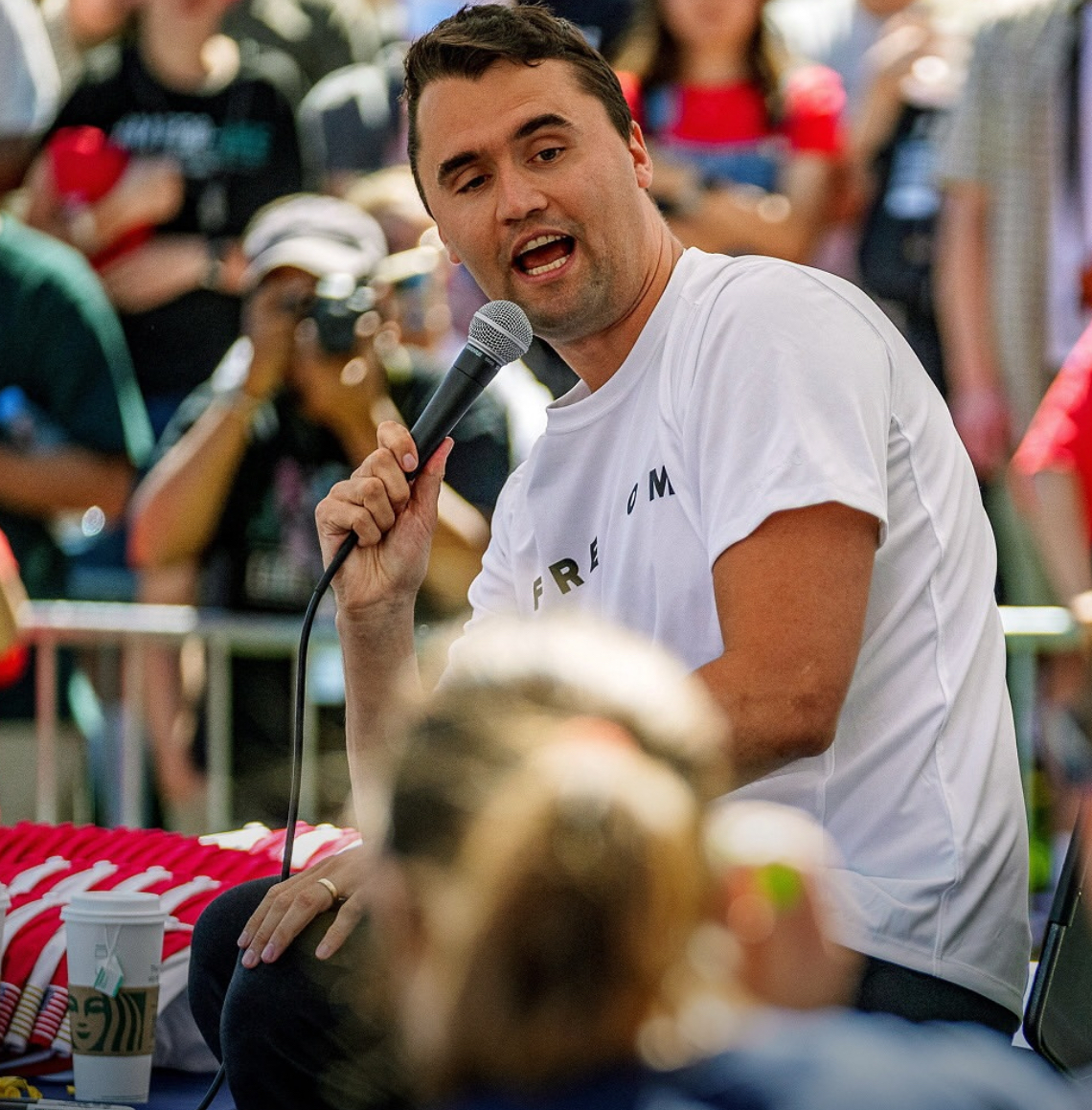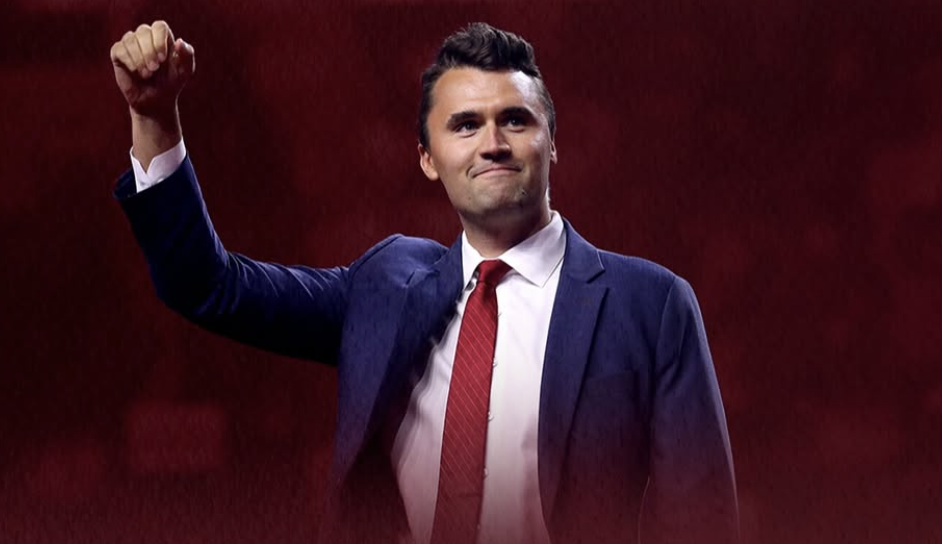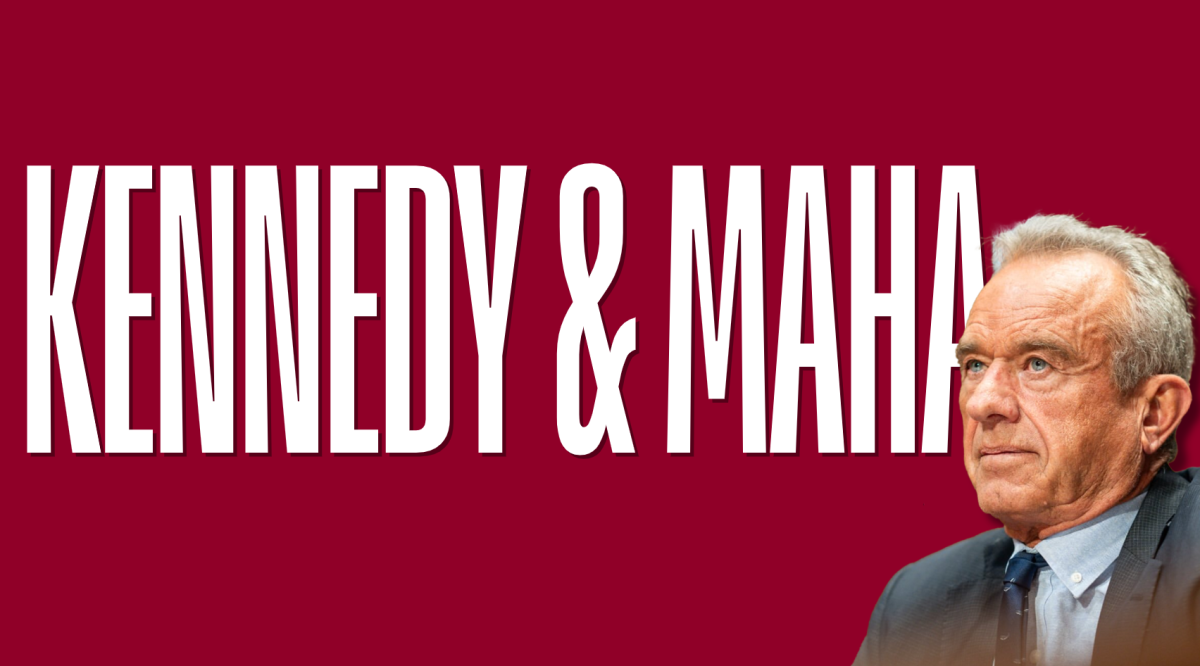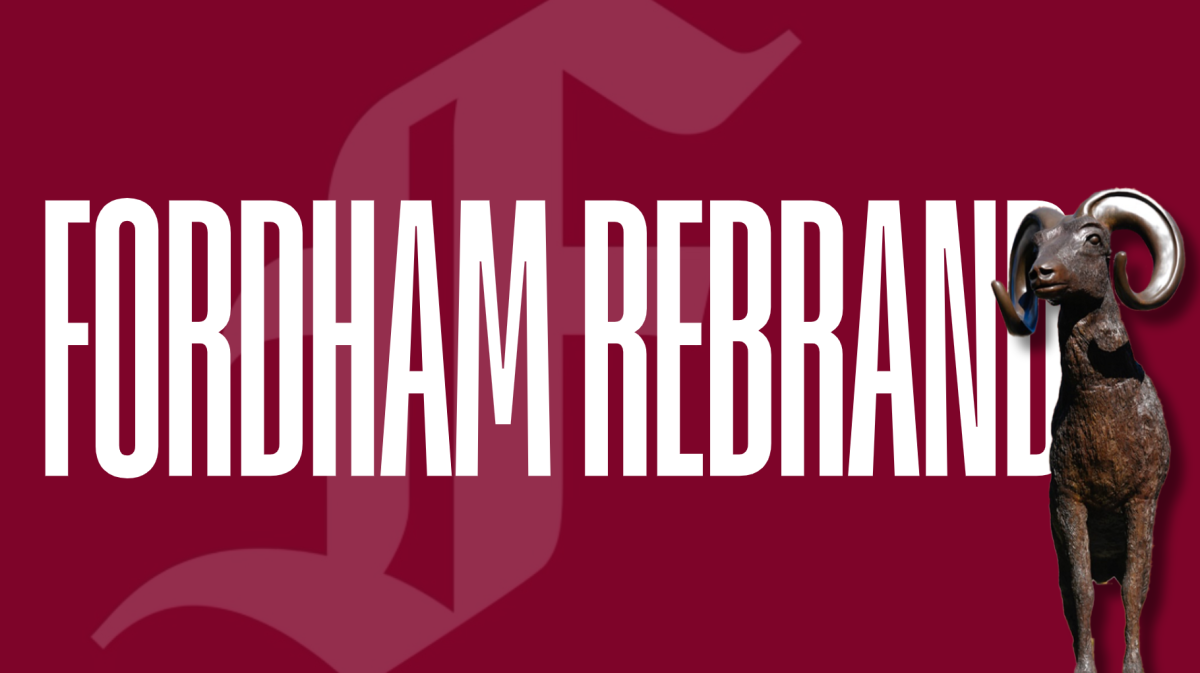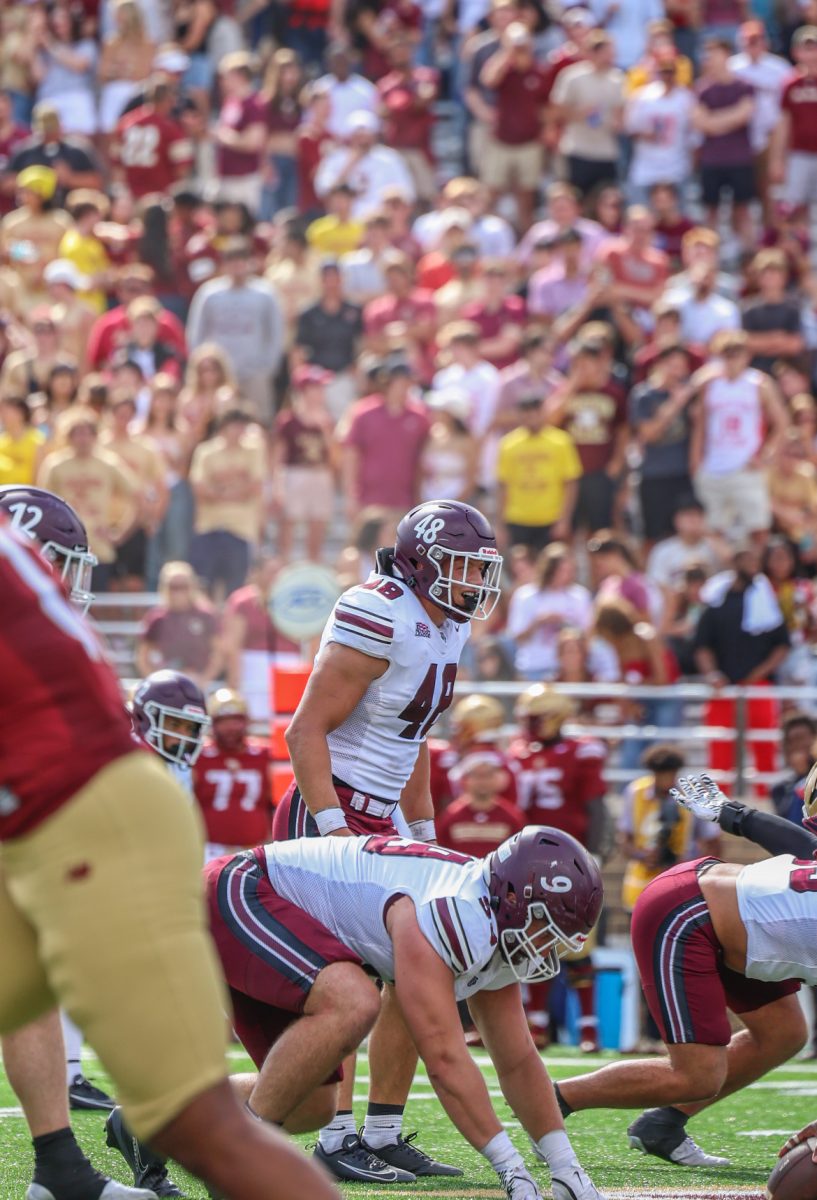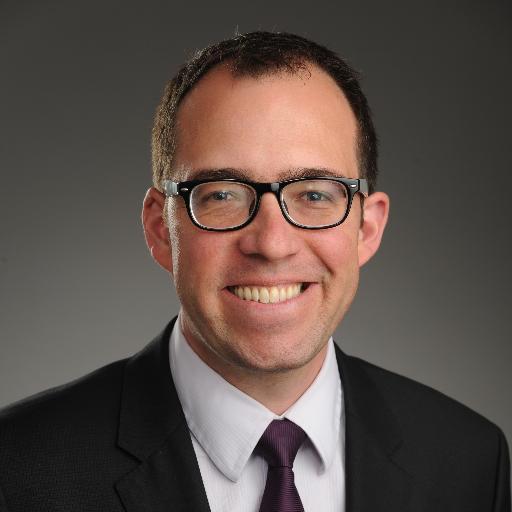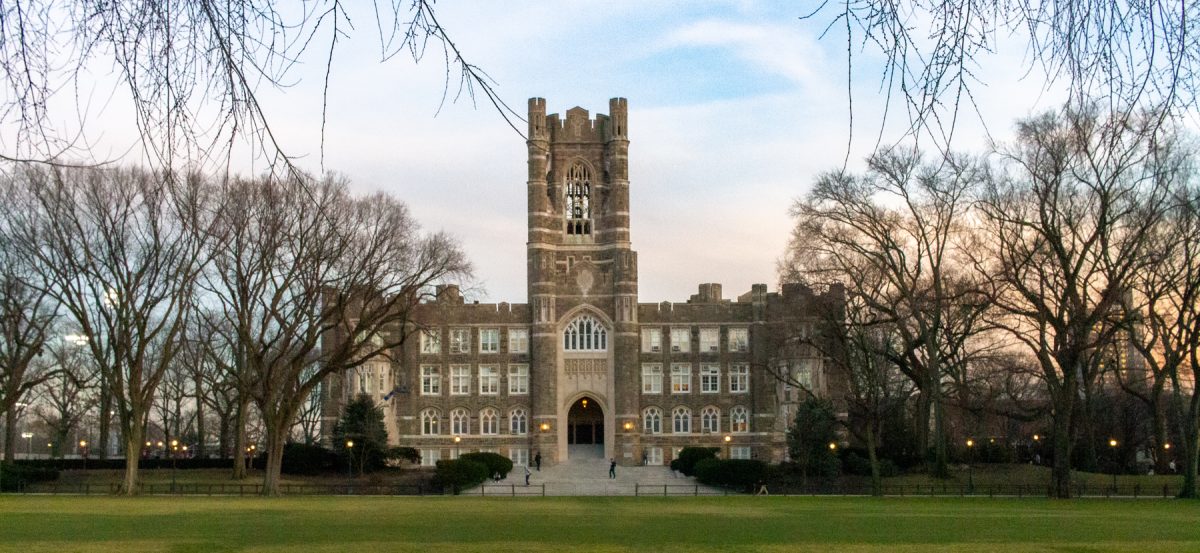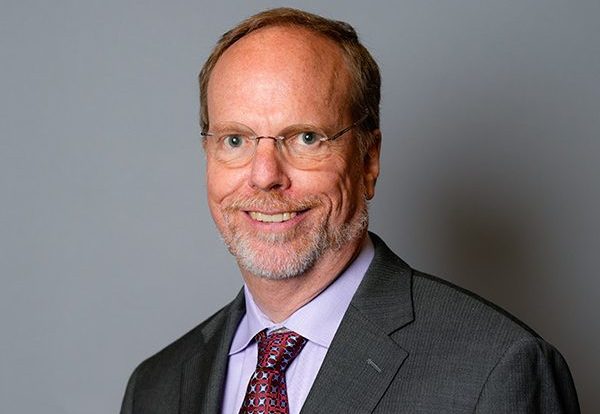By Jake Shore

Professors from Fordham’s theology department participated in a letter campaign to President Donald Trump in an effort to emphasize the role of religion in American values.
The American Values Religious Voices campaign invites 100 different religious scholars throughout the nation to write a letter for the first 100 days of the Trump presidency. The group of 100 featured four Fordham theology professors, the third most of all universities.
Michael Peppard, who teaches Christian history courses at Fordham and wrote about Trump’s relationship with golf for The Washington Post, wrote his letter to President Trump about the importance of religious liberty. He said it was the conflict between the importance of religion to America and President Trump’s apparent apathy for religion, which prompted Peppard to join the 100 letters campaign.
“This particular President is the least religious president we’ve ever had. He’s also the least religiously literate. It’s not clear that he really has any knowledge about any particular religion,” said Peppard in an interview. “I don’t think it’s a secret, but he’s a casino owner with Playboy magazines on his wall. He’s sort of lived a life of leisure up to this point that’s not in any way related to religion.”
President Trump, a professed Presbyterian, did not mention religion often along the campaign trail. When the now blocked travel ban came into effect, religion, specifically Christianity, entered the national discourse again as President Trump said Christian refugees from Syria were discriminated against in U.S. refugee policy.
However, Peppard, a fellow Christian, said he finds that a ban like this does more to curtail Muslims than it does to help Christian refugees. He said a frightening part of President Trump’s candidacy which inspired his letter was the talk of creating a Muslim database in order to counter terrorism. He hopes it reminds people that a few years ago, Catholics were in a similar spot.
“[The letter] may have some effect on those who hadn’t thought about the fact that Catholics, Mormons and Jews were heavily persecuted in our history. We ought not repeat those mistakes,” said Peppard.
President Trump never explicitly said he endorsed a database to record all Muslims in the U.S., but he has repeatedly answered vaguely to questions on a proposed database.
In his letter, Peppard addressed Trump directly.
“Mr. President, religious liberty demands that our government never register our fellow citizens by religion, nor allow surveillance on the basis of religious affiliation,” Peppard wrote. “To do either of these would be profoundly un-American, violating our sacred founding freedoms of religion and assembly.”
Other Fordham theology professors like Aristotle Papanikolaou, Karina Martin Hogan and Bryan N. Massingale also partook in the 100 letters campaign. Massingale’s letter, the most recent, calls upon President Trump to bring the nation together through healing.
“Pope John Paul II declared that one of the most important questions facing society is: ‘How are we living together?’ Mr. Trump, our collective response to that question will depend greatly upon both your compassion for the vulnerable and the quality of your respect for those with whom you disagree,” wrote Massingale.
Although Peppard admitted that it is highly unlikely that President Trump or Vice President Pence will end up reading any of their letters, he said he hopes the open letter campaign brings the discussion of religion back into American values.
Though Peppard said he would not classify himself as an activist, he said his writing will continue to serve as an outlet for his knowledge and point of view on current affairs.
“I view writing as my civic role. I’ll continue to do that as I have done. You’ve got to use the skill that you have,” said Peppard.











